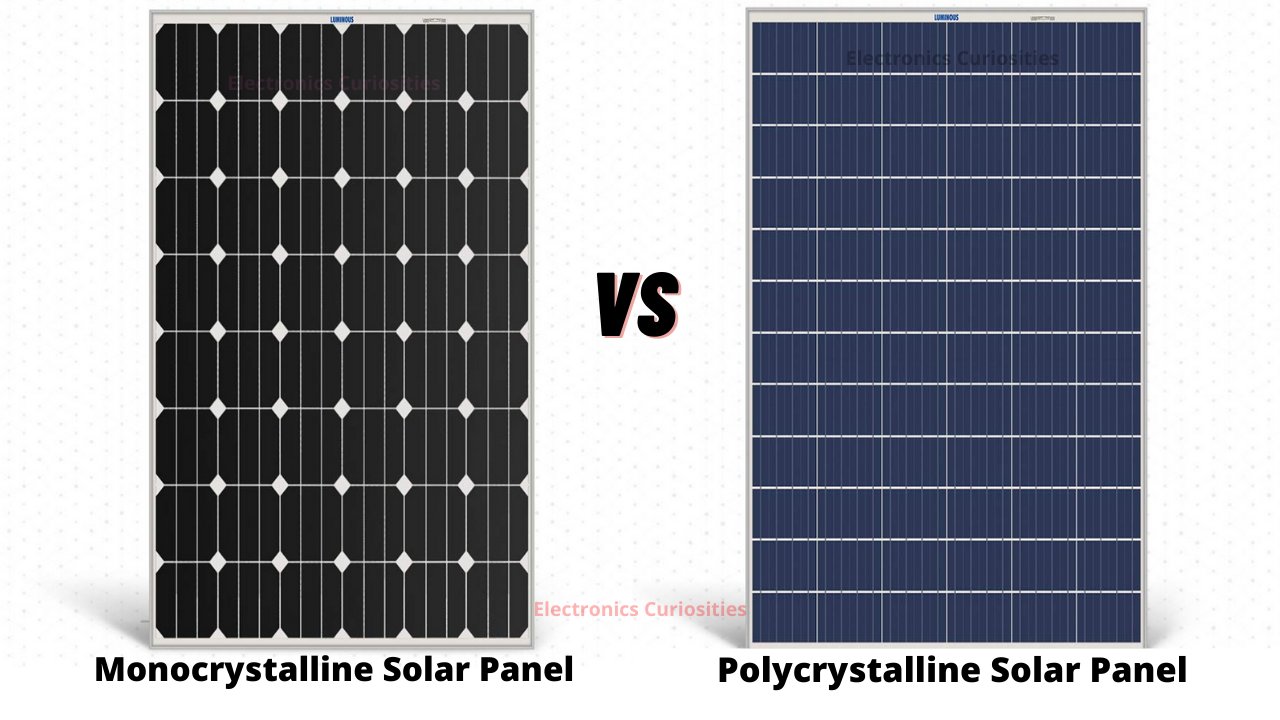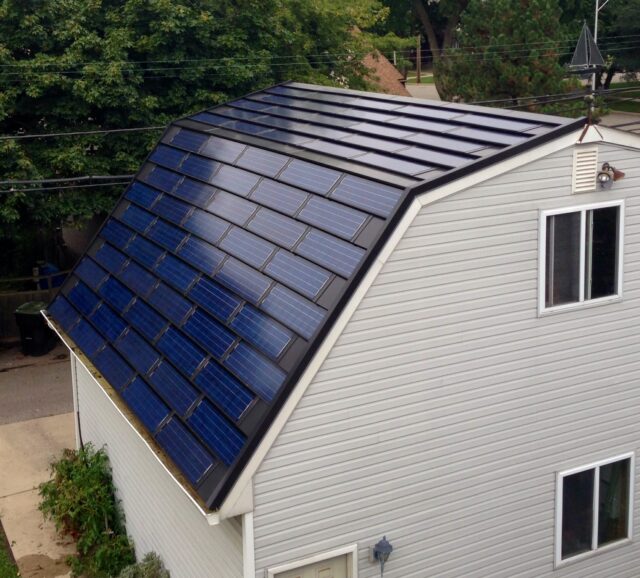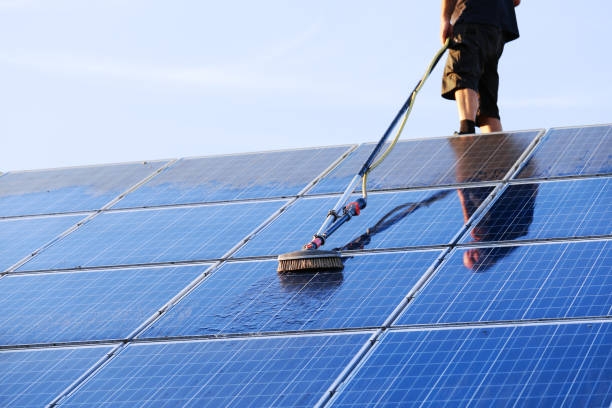
The cost of solar panels may seem prohibitive, but it's worth it for a number of reasons. They are not only environmentally friendly but also provide great energy for your home and can even pay for themselves. Additionally, solar power offers tax incentives which make it attractive. This article will discuss the cost of solar panels as well as how to calculate the return on investment. This article should help you make informed decisions.
Cost of solar panels
Consider several factors when considering the price of solar panels. There is also equipment that can increase the price. The equipment includes solar panels, batteries, mounting hardware, inverters, metering tools, and wiring. The more powerful your solar system, the more equipment you will need. Other operational costs include monitoring and inspections. Although these costs may not be included in the cost of solar panel, they can add up.
Solar panels cost depends on the number of panels that you need. The price per panel can vary depending on how many you need. It all depends on where the panel is being installed, how big it is, and what manufacturer they are. However, you should note that most solar companies price their solar panel systems by the complete system, including installation. SolarReviews.org gives you state-specific information about solar power companies. This will give you a better idea on the panel cost.

Period of payback for solar panels
It is important to know the payback period before you consider purchasing solar panels. This calculation includes the annual savings after taking into account any tax rebates, financial incentives, and other financial incentives. The payback period for residential solar panel installations is the time when you are able to save as much money on your energy bill as the cost of the solar panels. Installing solar panels is a worthwhile investment. The payback period is far shorter than you might imagine.
Solar panels' payback depends on how much electricity you use. If you save hundreds of bucks each year, it is possible to expect a payback of several years. Depending on the number of panels installed, the payback time can be anywhere from eight to fifteen to fifteen years. Solar panels can last several decades so the solar energy system will pay for itself in as little as 8 to 15 years. Solar panels in Canada typically pay for themselves in eight to fifteen years.
Tax incentives
You should look into federal tax incentives before deciding whether you want to install solar cells on your home. You can enjoy tax savings and make solar energy more affordable. You should know that not all homeowners can get the credits. A partial tax credit may be allowed in some states, but not others. It is important to know what the federal tax credit is and how it works before you start looking for the best solar power system.
There are many benefits to installing solar panels. First, they can increase the value of your home. A potential buyer will choose your home if they see a lower utility bill. A number of states have passed legislation that allows you to claim a tax credit on the property's value when you install solar panels. For example, a solar panel system that costs $25,000 will not be included in your local property taxes. In addition to residential installations, businesses can also take advantage of solar incentives. For example, solar panels can be used as a source of energy to power equipment at businesses. This tax credit is up to 30% of an installed PV system's cost.

Solar panels offer a great return on investment
A solar panel's ROI (return on investment) depends on several factors, including the initial cost of the installation, interest rates, available tax credits, and solar rebates. Another factor is the money saved on your energy bills. These savings are relative to the cost of electricity in the area you live in, and higher utility costs will translate to a shorter payback period. But, solar panels can still have a high return on investment.
Your ROI will be higher if you can increase your energy production. The more solar panels you install, the more energy you'll save. Your ROI can be calculated by multiplying the projected energy savings with the cost for solar panels. It is possible to have a net install cost. In this case, the money you save through lower energy bills should equal the energy savings. A calculator can be used to calculate the savings per kWh if you don't know how much solar panels will return on your investment.